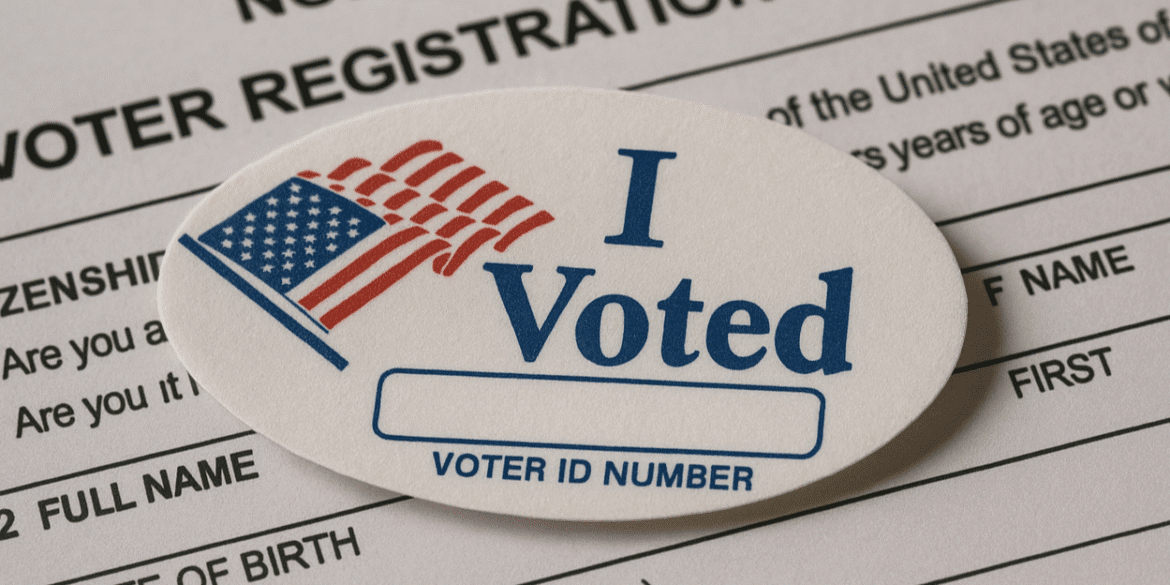The Trump administration has filed a lawsuit against the North Carolina election board, alleging a violation of federal voter registration laws. The lawsuit, filed on May 28, 2025, claims that the board failed to collect mandatory voter identification numbers from certain individuals during the voter registration process. The administration argues that this oversight undermines the integrity of voter registration rolls and violates federal laws designed to ensure accurate and secure voter registries.
At the heart of the legal action is the allegation that North Carolina’s election officials neglected to follow procedures outlined in the National Voter Registration Act (NVRA), which mandates that certain voter information, including identification numbers, be collected to maintain a secure and accurate voter database. The lawsuit claims that the failure to collect these identification numbers from a number of registered voters could result in a situation where individuals are wrongly registered or disenfranchised, particularly in the case of disputes regarding voter identity.
This legal action highlights the ongoing national debate surrounding voter identification requirements and election integrity. Supporters of stricter voter ID laws argue that collecting voter ID numbers is essential for ensuring that only eligible voters participate in elections and preventing fraud. Critics, however, contend that such laws often lead to voter suppression, particularly among marginalized groups who may have difficulty obtaining the required identification documents.
The Trump administration’s lawsuit is part of a broader push to tighten election laws, an issue that has been a cornerstone of the former president’s political agenda. The administration has long argued that more stringent voter ID laws are necessary to preserve the integrity of U.S. elections and prevent illegal voting. This lawsuit follows a series of efforts by conservative lawmakers across the country to implement stricter voter identification requirements and address concerns about election security.
In North Carolina, the lawsuit comes after several contentious elections and disputes over voting practices, particularly in the wake of the 2020 presidential election. The state has been at the center of debates over voter access and the role of election officials in maintaining the accuracy of voter rolls. The Trump administration’s move to sue the North Carolina election board is expected to further intensify discussions about the balance between voter access and election security.
The outcome of this lawsuit could have significant implications for the state’s election practices, especially regarding voter registration and the collection of identification numbers. If the court rules in favor of the Trump administration, it could set a precedent for other states to more strictly enforce voter ID requirements and registration procedures. Conversely, if the court sides with the North Carolina election board, it could bolster arguments against the imposition of more stringent voter ID laws, particularly in states where such measures are seen as a barrier to voting.
This lawsuit also comes at a time when many states are reevaluating their election laws and considering changes to improve the security and accessibility of the voting process. The debate over voter ID laws is likely to continue to play a central role in U.S. elections, especially as the 2026 midterms approach and both political parties seek to solidify their positions on issues of voter access, election security, and integrity.

